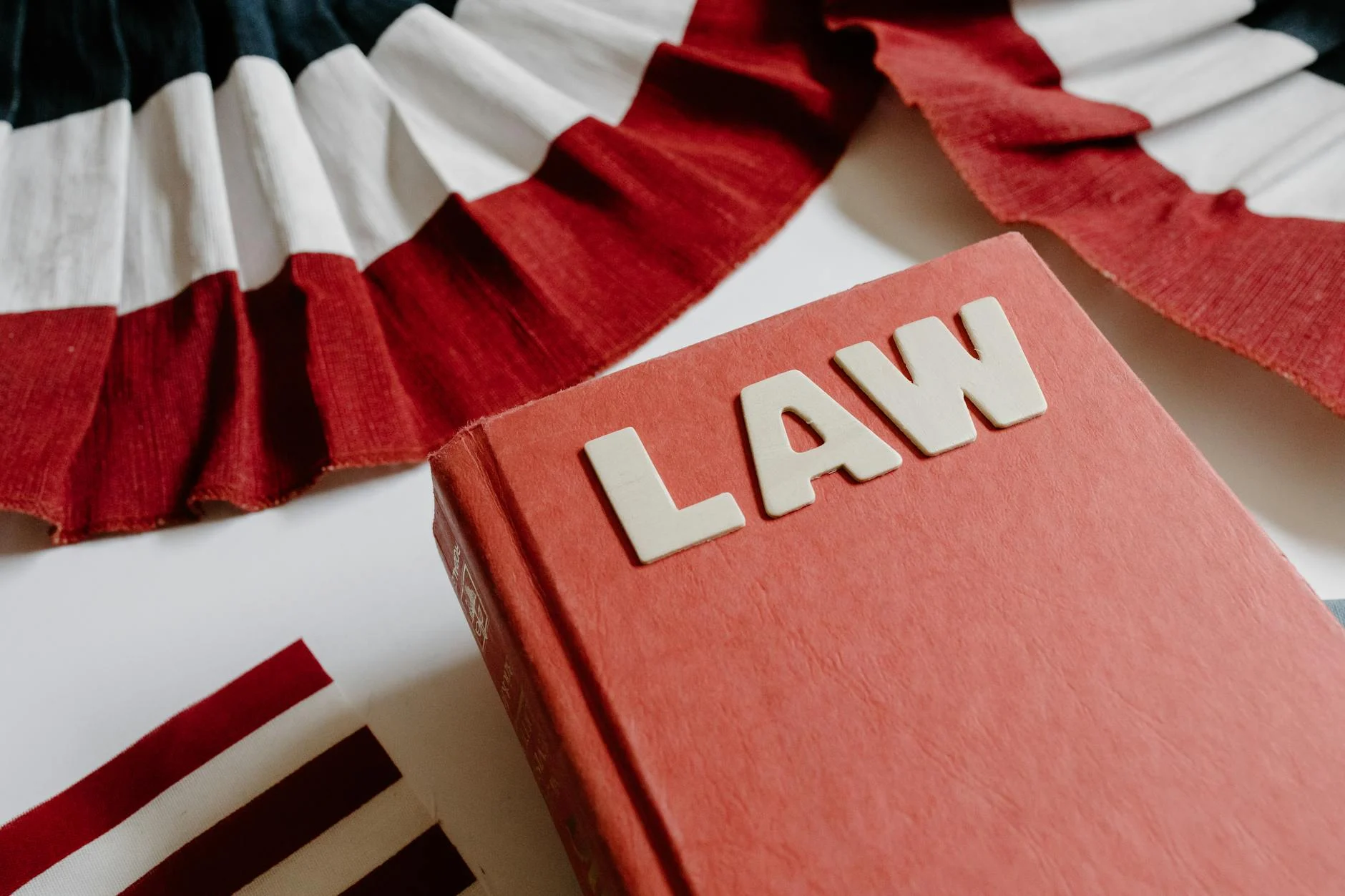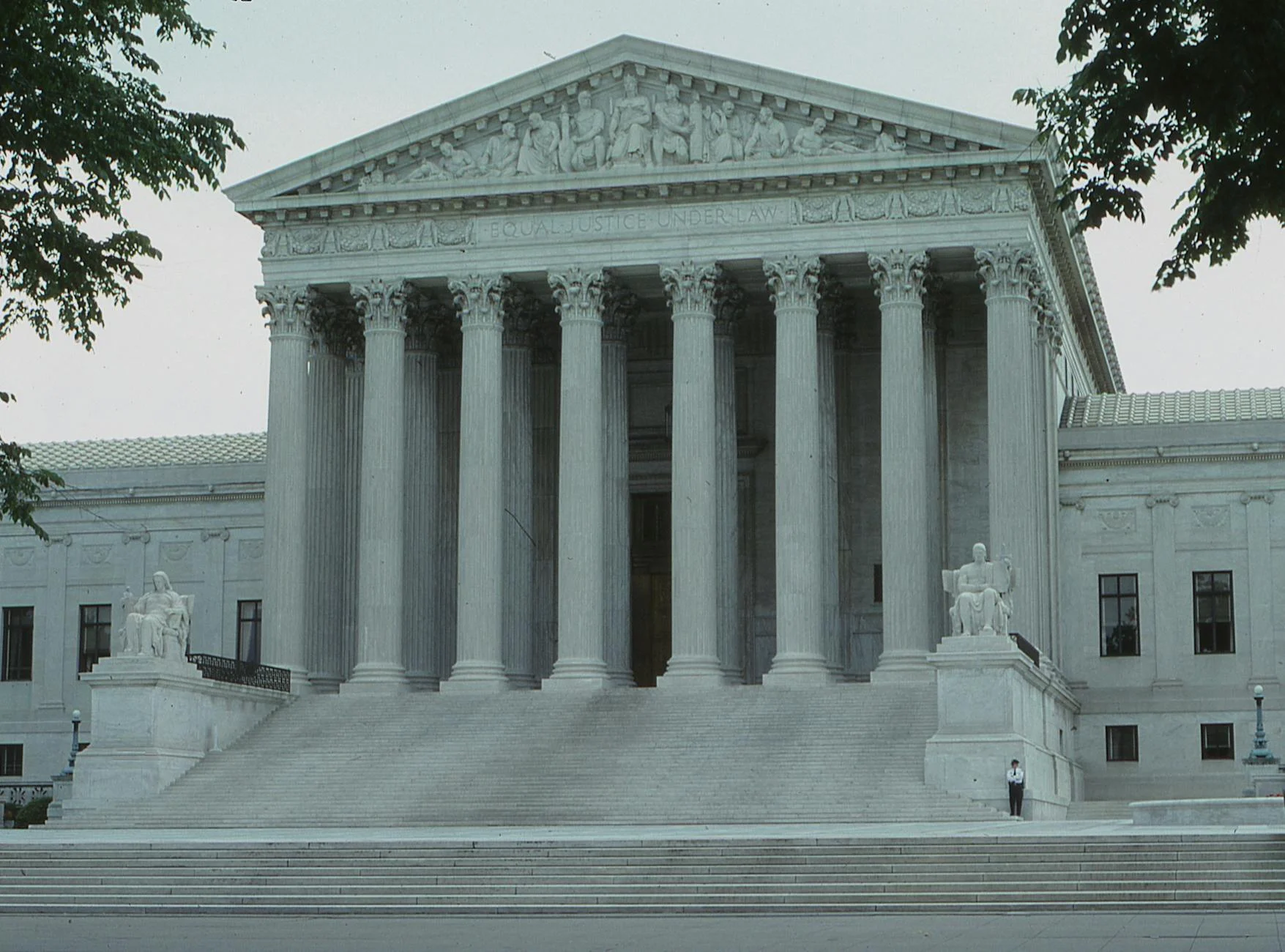When purchasing real estate, most people focus on location, price, size, or the age of the building.
But what truly matters is how trustworthy the unseen foundations are.
The reason Japan’s real estate earns enduring trust from wealthy buyers around the world lies not in what’s visible—but in the integrity of what’s hidden: a deeply reliable system of structural soundness and legal protection.
◆ Structural Excellence Born of a Seismic Nation
In Japan, structural design begins with the assumption of seismic movement.
- Since 1981, strict seismic codes mandate that structures must withstand earthquakes of magnitude 6–7 without collapsing
- In high-rise residences, seismic isolation and damping technologies are standard.
- Pile foundations, fire-resistant construction, acoustic flooring, and double-glazed windows are built-in norms
- Comprehensive ground surveys and structural calculations undergo rigorous review and must pass governmental approval before construction can even begin
In Japan, real estate is distinguished by one defining trait: it undergoes rigorous scrutiny before a single brick is laid.

◆ Invisible Structure, Visible Confidence
In many global markets, buyers have to judge a property by its surface finishes alone.
But in Japan, every critical detail—from structural framing and foundation work to plumbing layouts, insulation types, and even concrete composition ratios—is documented, traceable, and available for buyer review.
This level of transparency becomes an invaluable asset during future maintenance, renovations, or resale—serving as a silent infrastructure that supports long-term asset continuity.
◆ A Legal Framework That Protects the Buyer
Japan’s real estate market is underpinned by a legal structure:
- Sellers are legally obligated to provide full disclosure through a detailed Property Disclosure Statement
- Contracts must be overseen by licensed legal professionals or certified real estate transaction agents
- Title registration is managed by the government, eliminating risks of fraud or dual ownership
- Foreign nationals enjoy the same ownership, inheritance, and resale rights as Japanese citizens
As a result, Japan offers one of the lowest-risk real estate environments in the world—where post-purchase complications are rare.

◆ Japan vs. Thailand & Hong Kong: The Quiet Power of Transparency
- In some countries, developers have been known to conceal construction flaws during sales.
- In markets where title registration systems are underdeveloped, verifying ownership or encumbrances can be time-consuming and uncertain.
- In certain regions, legal frameworks remain vulnerable to abrupt changes driven by political instability—posing inherent risks to long-term property security.
In contrast, Japan offers institutionalized transparency—across all dimensions of real estate:
construction quality, contractual clarity, legal structure, and resale logistics.
◆ What Quiet Assurance Truly Means for the Wealthy
Luxury isn’t defined by flash or flourish.
It’s the confidence to hold an asset for decades. The pride of owning something enduring and admirable.
The peace of mind in passing it on—securely—to the next generation.
This kind of assurance, rooted in time and trust, is the very foundation of what makes a property truly worthy of being called a luxury asset.
◆ Summary: Real Estate Defined by What Lies Beneath
What sets Japanese real estate apart on the global stage is not just its design or location—it is the unseen architecture beneath it, and the legal frameworks that quietly uphold it.
This is why international buyers can purchase with confidence, hold with peace of mind, pass on to family, and invest in the future.
This is the very definition of real estate you can trust.




